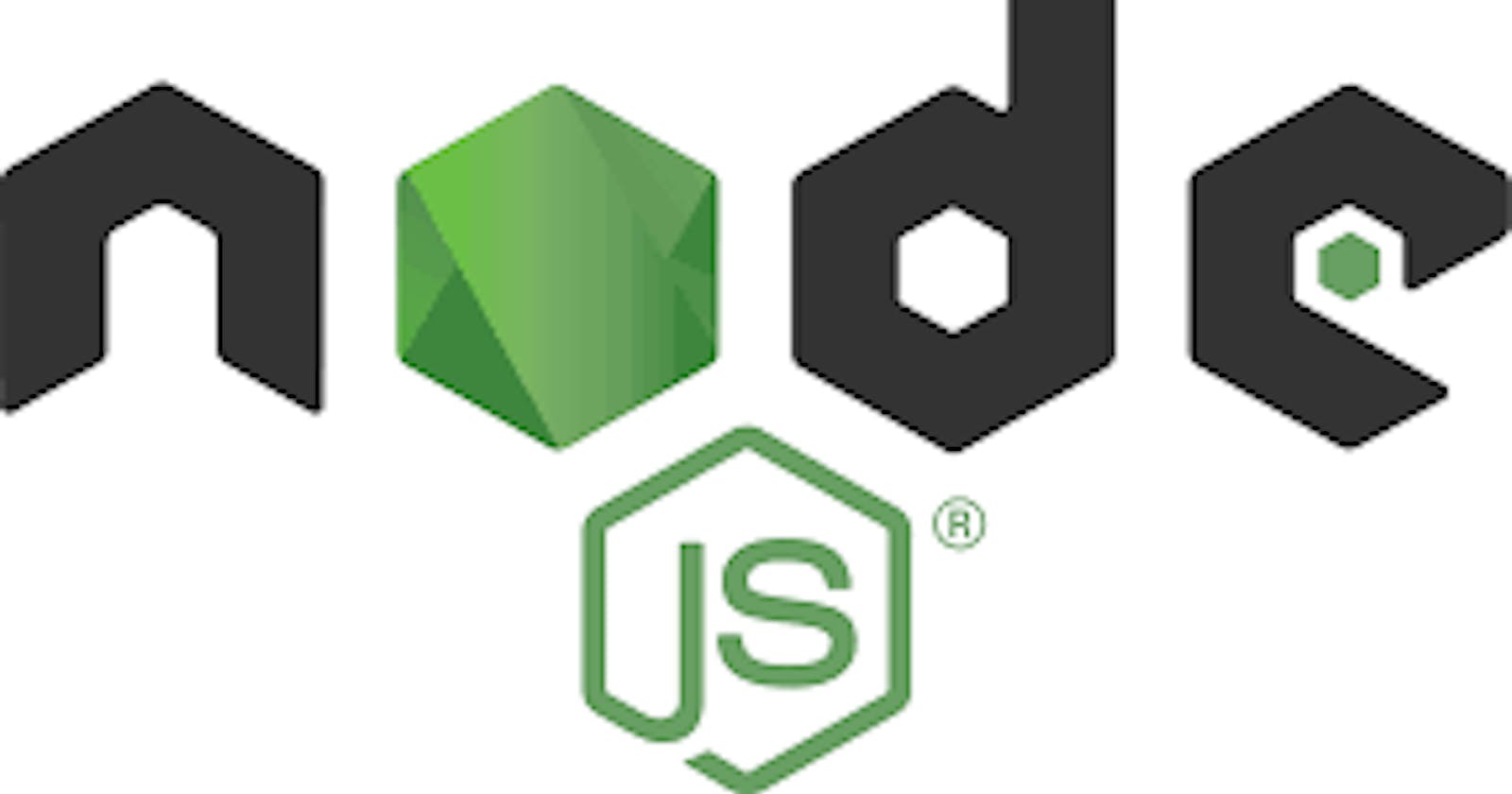Introduction
In the rapidly evolving landscape of web development, Node.js has emerged as a powerful and versatile tool for building high-performing web applications. Developed by Ryan Dahl in 2009, Node.js has revolutionized the way developers approach server-side programming, enabling them to create real-time and scalable applications that cater to modern user demands. In this blog, we'll dive into what Node.js is, its key features, benefits, and some use cases that showcase its prowess in the world of web development.
Understanding Node.js
Node.js is an open-source, cross-platform runtime environment that allows developers to execute JavaScript code outside the browser. It's built on the V8 JavaScript engine by Google and provides an event-driven, non-blocking I/O model, which makes it highly efficient and suitable for building real-time applications and APIs.
Key Features of Node.js
Non-Blocking I/O: Node.js utilizes an event-driven architecture that enables non-blocking I/O operations. This means that while one operation is being processed, Node.js can simultaneously handle other requests, improving the application's responsiveness and scalability.
Single Language: Using a single language, JavaScript, for both frontend and backend development streamlines the development process. This reduces the need for context switching and allows developers to use their existing knowledge of JavaScript.
NPM (Node Package Manager): NPM is a package manager for Node.js that hosts over a million open-source packages. This extensive ecosystem accelerates development by providing pre-built modules and tools that developers can integrate into their projects.
Scalability: Node.js is designed to handle a large number of concurrent connections with minimal resource usage. This makes it an excellent choice for building applications that need to scale horizontally to meet growing user demands.
Real-Time Applications: Node.js excels in building real-time applications like chat applications, online gaming platforms, and collaborative tools. Its event-driven nature makes it easy to handle multiple connections simultaneously, delivering real-time updates to users.
Benefits of Node.js
Speed: Due to its non-blocking I/O model and efficient event loop, Node.js is exceptionally fast and can handle a significant number of concurrent connections. This makes it ideal for applications that require low-latency responses.
Developer Productivity: The use of JavaScript across the entire stack simplifies the development process. Developers can transition seamlessly between frontend and backend development, leading to increased productivity and reduced learning curve.
Large and Active Community: Node.js has a vibrant community of developers, which means there's a wealth of resources, tutorials, and open-source libraries available. This community-driven ecosystem fosters innovation and provides solutions to common challenges.
Use Cases for Node.js
Real-Time Applications: Node.js is the go-to choice for building real-time applications like chat applications, live streaming platforms, and collaborative tools. Its ability to handle numerous concurrent connections makes it suitable for delivering instant updates to users.
APIs: Node.js is an excellent choice for building APIs due to its lightweight nature and efficient I/O operations. It's often used to create APIs that power mobile apps, websites, and other client applications.
Microservices: Node.js's modular architecture and scalability make it well-suited for building microservices, which are independent components that work together to form a larger application. This approach improves maintainability and allows for efficient resource utilization.
Single-Page Applications (SPAs): When building SPAs, where the frontend communicates heavily with the backend through APIs, Node.js can efficiently handle the backend operations. This enables seamless communication and data exchange between the client and server.
Conclusion
Node.js has undeniably transformed the world of web development with its speed, scalability, and real-time capabilities. Its event-driven, non-blocking I/O model, combined with the simplicity of JavaScript, has made it a preferred choice for developers looking to build high-performing web applications. Whether it's real-time applications, APIs, microservices, or SPAs, Node.js continues to empower developers to create innovative and responsive solutions for the modern web landscape. As the technology evolves and the community thrives, the possibilities with Node.js are bound to expand even further.
